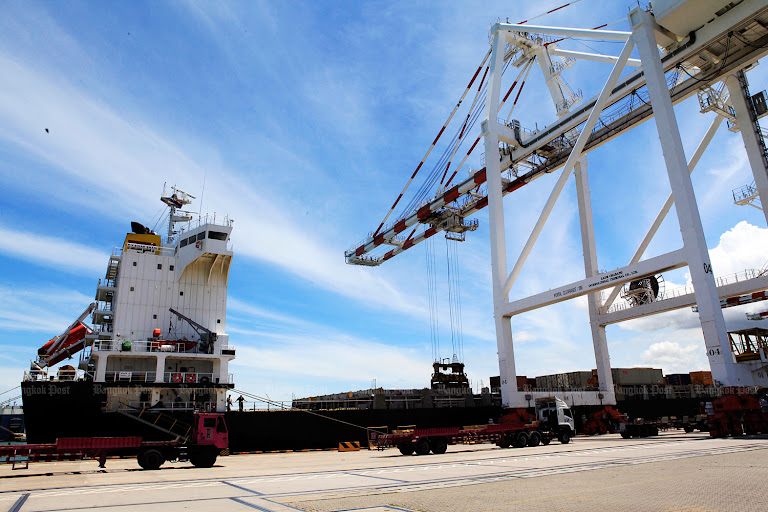Thailand’s EEC: Land Conflicts Jeopardize Investment Boom
Land zoning conflicts and inflated prices delay 40 projects, jeopardizing Thailand’s EEC investment boom.

The Industrial Estate Authority of Thailand (IEAT) has voiced concerns that ongoing disputes over industrial land zoning and escalating land prices in the Eastern Economic Corridor (EEC) could deter crucial foreign investment. This vital development zone, intended as a hub for advanced industries, faces a significant obstacle: bureaucratic hurdles and speculative land grabs threaten to stall progress and drive investors to neighboring countries.
The core problem lies in land classification within the EEC. Up to 40 industrial land development projects, encompassing approximately 10,000 rai (3,954 acres), are currently delayed. These projects—including expansions of existing industrial estates and entirely new establishments—are entangled in regulatory red tape because the designated land falls outside areas primarily zoned for industrial use under existing town planning laws. This mismatch between designated development zones and actual land use classifications creates substantial uncertainty for potential investors.
«Industrial estate developers are hamstrung,» explained Sumet Thangprasert, acting governor of the IEAT. «They are unable to develop land to meet the demands of foreign entrepreneurs seeking to invest or expand their operations.» This bottleneck is particularly problematic for businesses in sectors like printed circuit boards and smart electronics, which require large land areas. Mr. Thangprasert noted these companies are delaying investment decisions, awaiting clearer guidance on land use regulations. This hesitation highlights Thailand’s potential loss of valuable investment opportunities.
The IEAT, recognizing the urgency, is actively engaging with industrial estate developers and the EEC Office to find a solution. «We must expedite our efforts to address this problem,» emphasized Mr. Thangprasert, highlighting the growing risk of foreign investors shifting to alternative regional destinations. The government shares these concerns, acutely aware of the potential economic consequences.
One IEAT strategy involves amending land status within the existing town planning law. The authority is discussing this possibility with officials from the Department of Public Works and Town and Country Planning. However, this is challenging. Changing land designations involves a complex 18-step legal process, typically taking years. This protracted timeline further exacerbates uncertainty surrounding land availability, adding to the difficulties for potential investors.
Exacerbating the situation is the dramatic escalation of land prices within the EEC. Speculation has driven up the cost of undeveloped land in some areas, with prices surging from 2 million baht to a staggering 10 million baht per rai. This astronomical increase poses another significant deterrent, forcing investors to meticulously reassess their budgets.
Despite these challenges, the IEAT remains optimistic about attracting investment. The authority aims to sell 8,000–10,000 rai of land in its industrial estates this year, a significant increase from the 6,000 rai sold last year. This ambitious target is based on the expectation that businesses will relocate production facilities to Thailand to mitigate ongoing global trade tensions. However, achieving this goal hinges on swiftly resolving land zoning disputes and implementing measures to curb speculative land price inflation. The future of the EEC as a thriving investment hub depends on effectively addressing these critical issues.









